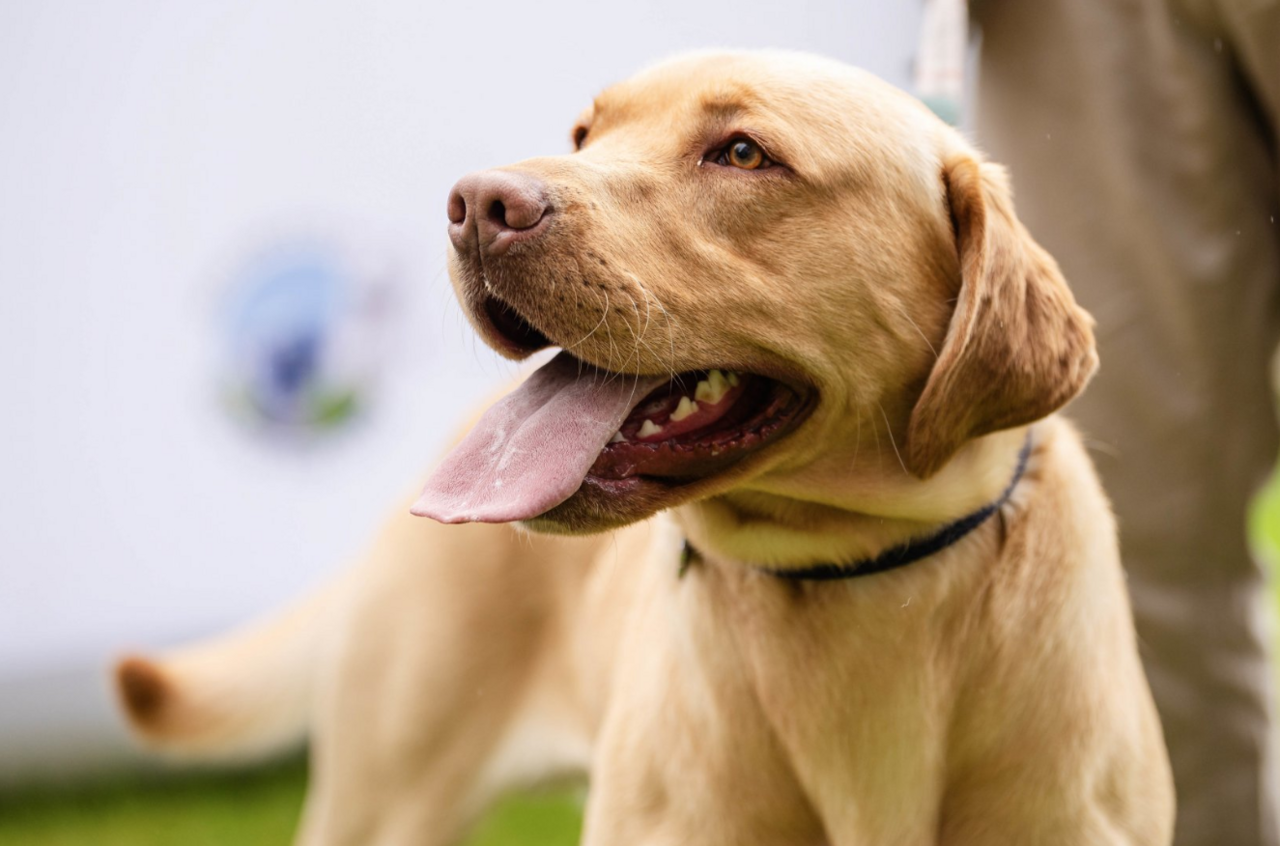Cat and dog theft will be a criminal offence from August

- Published
A new criminal offence of "pet abduction" will come into force in August in England and Northern Ireland after legislation was pushed through on the final day of Parliament.
Planned new laws to tackle puppy-smuggling and to address dog attacks on livestock have run out of time and will not now become law.
Animal welfare groups said they would be calling on the next government to take action.
The Pet Abduction Bill is due to receive Royal Assent later, with the law due to come into force three months later.
How the Pet Abduction Bill has been built by MPs
Cat and dog theft set to be made criminal offence
- Published19 January 2024
MPs attempt to revive animal welfare measures
- Published7 December 2023
Ministers criticised after dropping animal bill
- Published25 May 2023
It will make taking a cat, or taking or detaining a dog, a criminal offence.
Under the new law, anyone convicted could face a fine or a maximum of five years in prison.
Currently, pets are considered in law to be property and stealing a pet is covered by the 1968 Theft Act. The law is similar in Scotland.
Supporters of the creation of the new offence said it would recognise the emotional impact caused by a pet being stolen and would help build a better picture of the scale of pet theft.
Annabel Berdy, Senior Advocacy and Government Relations Officer for Cats Protection, said that a lack of specific legal protection for pets had allowed criminals "free rein to target much-loved animals for their own gain".
She said the Pet Abduction law "could be one of the most significant animal welfare laws of recent times and will make a huge difference to many owners and their much-loved pets”.

Animal welfare groups have expressed concern that two other bills have run out of time in this Parliament.
A bill put forward by the Conservative MP Selaine Saxby, which would have raised the minimum age at which a puppy can be brought into the country, is one of those which has been lost.
Harriet Main, public affairs manager for the RSPCA, said that " legal loopholes" had been "abused for many years by people making quick cash from the exploitation of animals" and said the charity would be calling on the next UK government to ensure this issue was put "straight back on the agenda".
The former Environment Secretary Therese Coffey, now a backbench MP, had brought forward a bill which would have given the police greater powers to prosecute dog owners for attacks on farm animals in England and Wales.
"Livestock worrying", which can include barking, chasing, biting, and killing, is already illegal.
But the National Sheep Association's chief executive Phil Stocker says convictions are difficult.
Mr Stocker said the decision was "disappointing" but hoped it would turn out to be "a delay rather than a fail" as he said both Labour and the Conservatives shared "concerns over the damage that can be done by domestic dogs on livestock".